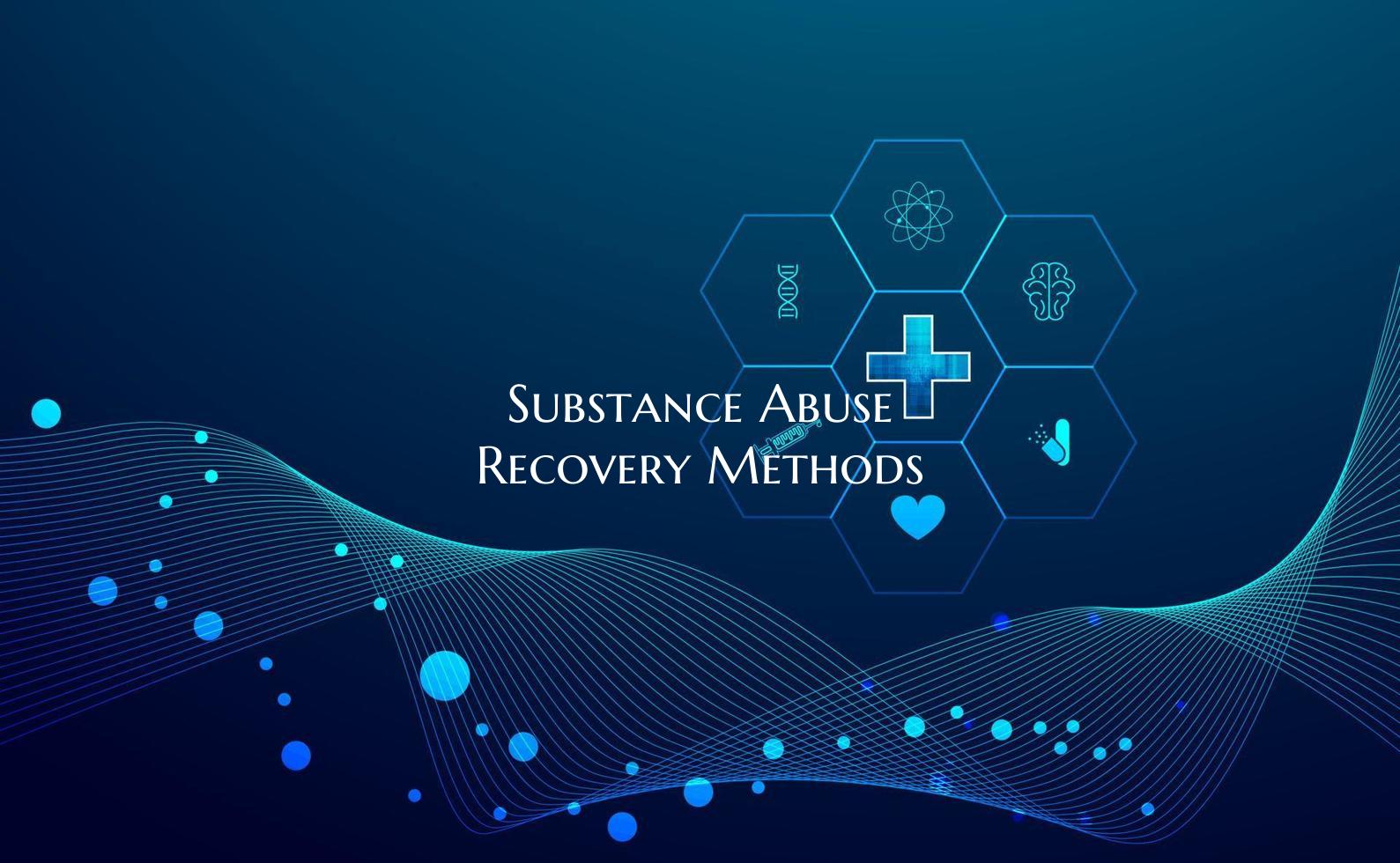
Substance Abuse Recovery Methods
Substance Abuse Recovery Methods
Overcoming substance abuse is a challenging journey that requires commitment, dedication, and support. There are various recovery methods that individuals struggling with substance abuse can explore to achieve sobriety and lead a healthier, fulfilling life. Here are some effective substance abuse recovery methods:
1. Detoxification: The first step in recovering from substance abuse is often detoxification, where the body rids itself of the substances. This can be done in a medical setting under supervision to manage withdrawal symptoms and ensure safety.
2. Therapy and Counseling: Therapy, including individual counseling and group therapy, plays a crucial role in addressing the underlying issues that contribute to substance abuse. Through therapy, individuals can learn coping skills, identify triggers, and develop healthier ways of dealing with challenges.
3. Support Groups: Being part of a support group, such as Alcoholics Anonymous (AA) or Narcotics Anonymous (NA), can provide a sense of community, understanding, and encouragement. Support groups offer a safe space for individuals to share their experiences, learn from others, and stay accountable in their recovery journey.
4. Medication-Assisted Treatment (MAT): For some individuals, medication-assisted treatment can be beneficial in managing cravings and withdrawal symptoms. Medications such as methadone, buprenorphine, or naltrexone may be prescribed as part of a comprehensive treatment plan.
5. Holistic Approaches: Holistic approaches, including yoga, meditation, acupuncture, and mindfulness practices, can complement traditional treatment methods. These techniques promote overall wellness and help individuals manage stress, anxiety, and cravings during recovery.
6. Healthy Lifestyle Changes: Adopting a healthy lifestyle can support recovery from substance abuse. This includes regular exercise, nutritious diet, proper sleep, and avoiding triggers or environments that may lead to relapse.
7. Aftercare Planning: Recovery is an ongoing process, and aftercare planning is essential to maintain sobriety post-treatment. Aftercare may involve continued therapy, support group participation, relapse prevention strategies, and building a strong support network.
8. Dual Diagnosis Treatment: Individuals with co-occurring mental health disorders and substance abuse issues may benefit from dual diagnosis treatment. This integrated approach addresses both conditions simultaneously to promote comprehensive healing and long-term recovery.
It's important to remember that recovery is a unique and personal journey, and what works for one individual may not work for another. It's crucial to seek professional guidance and support to determine the most suitable recovery methods based on individual needs and circumstances. With determination, support, and effective treatment strategies, overcoming substance abuse and achieving lasting sobriety is possible.